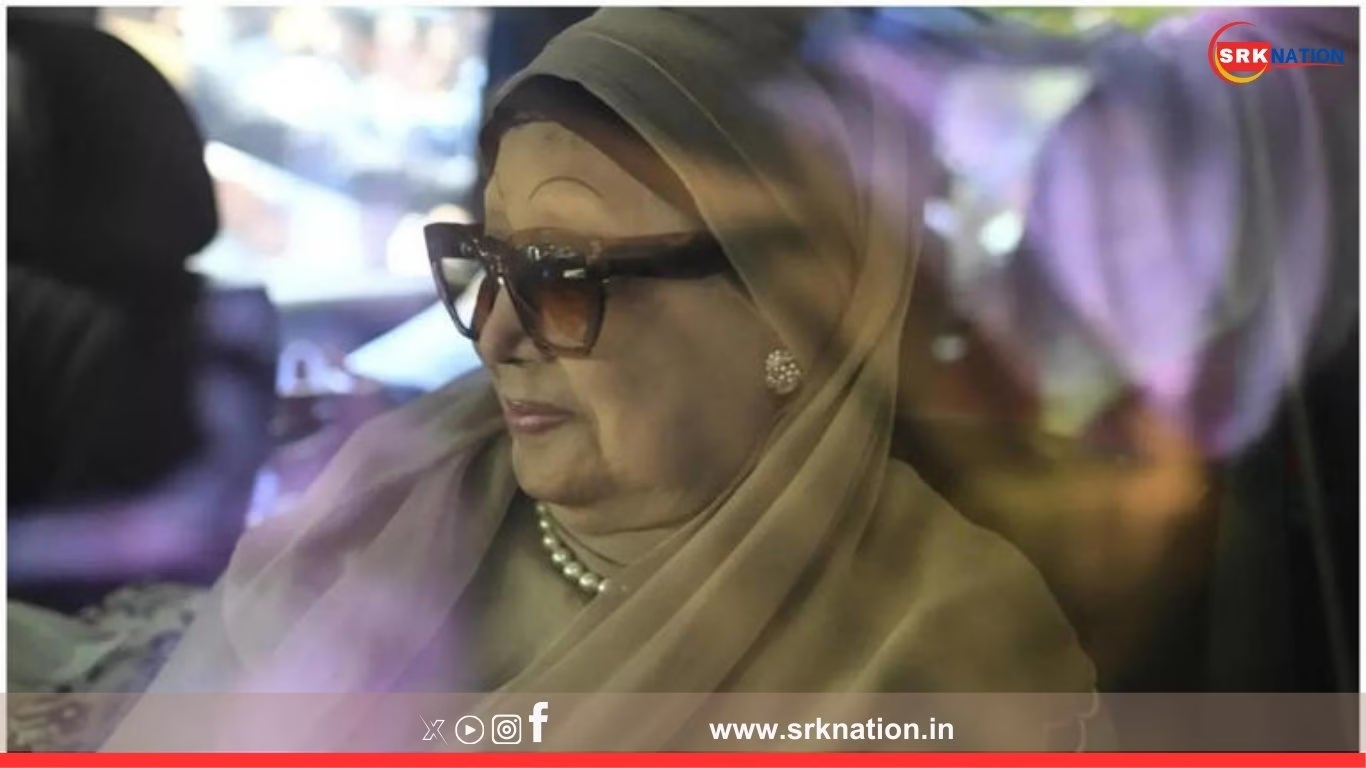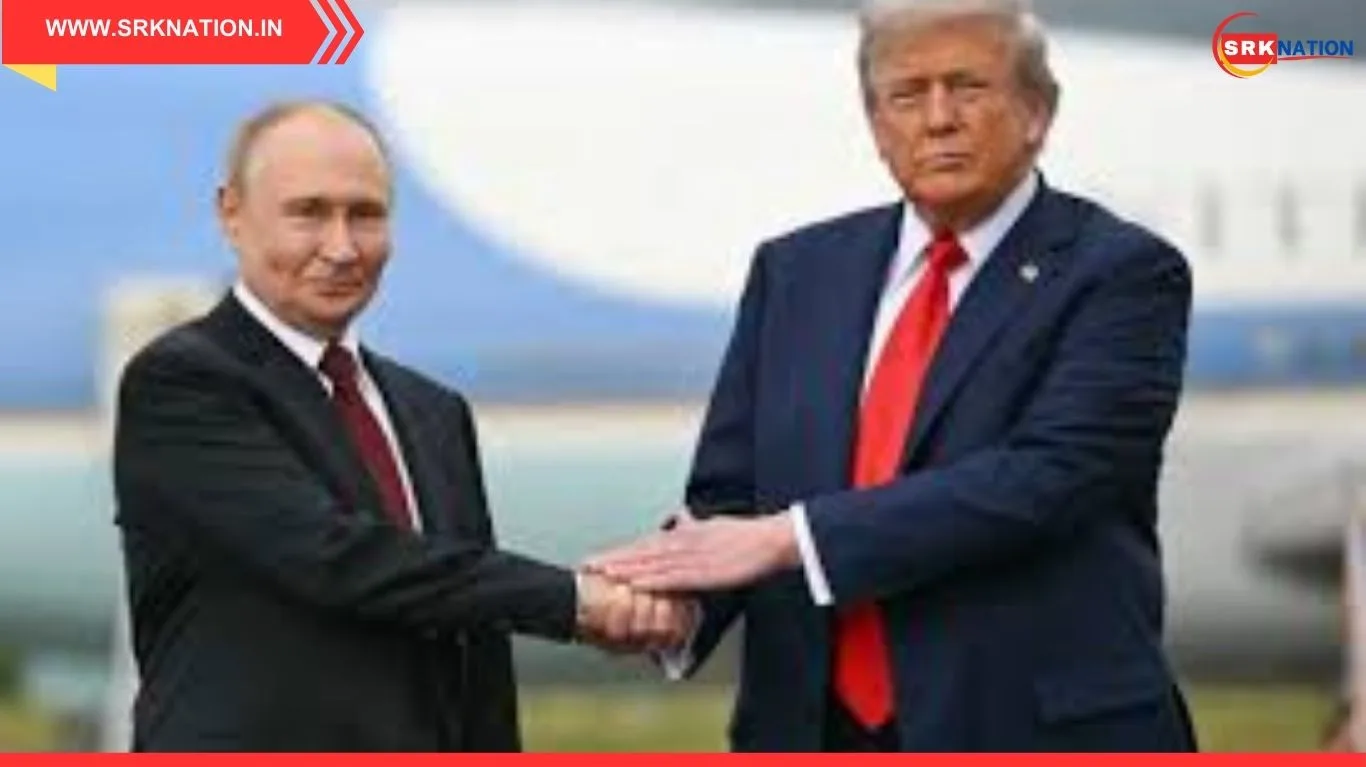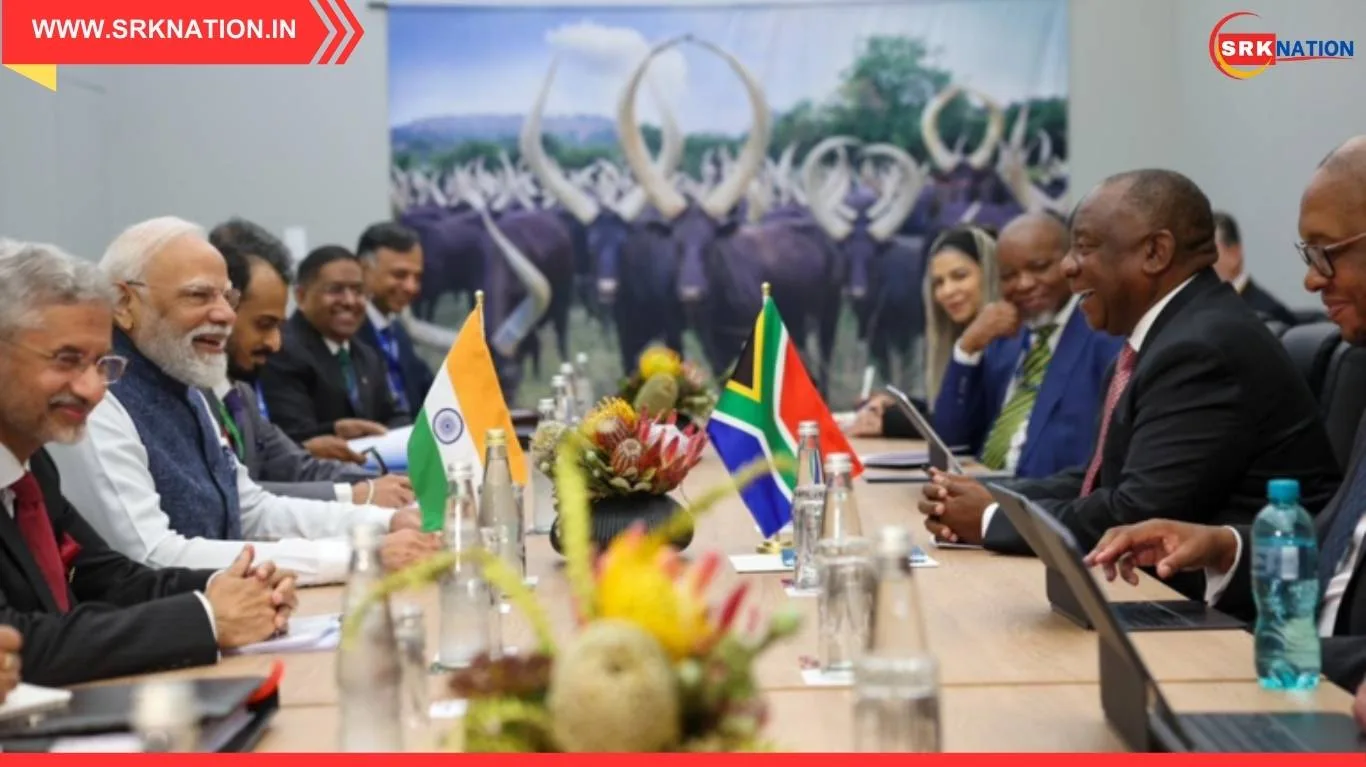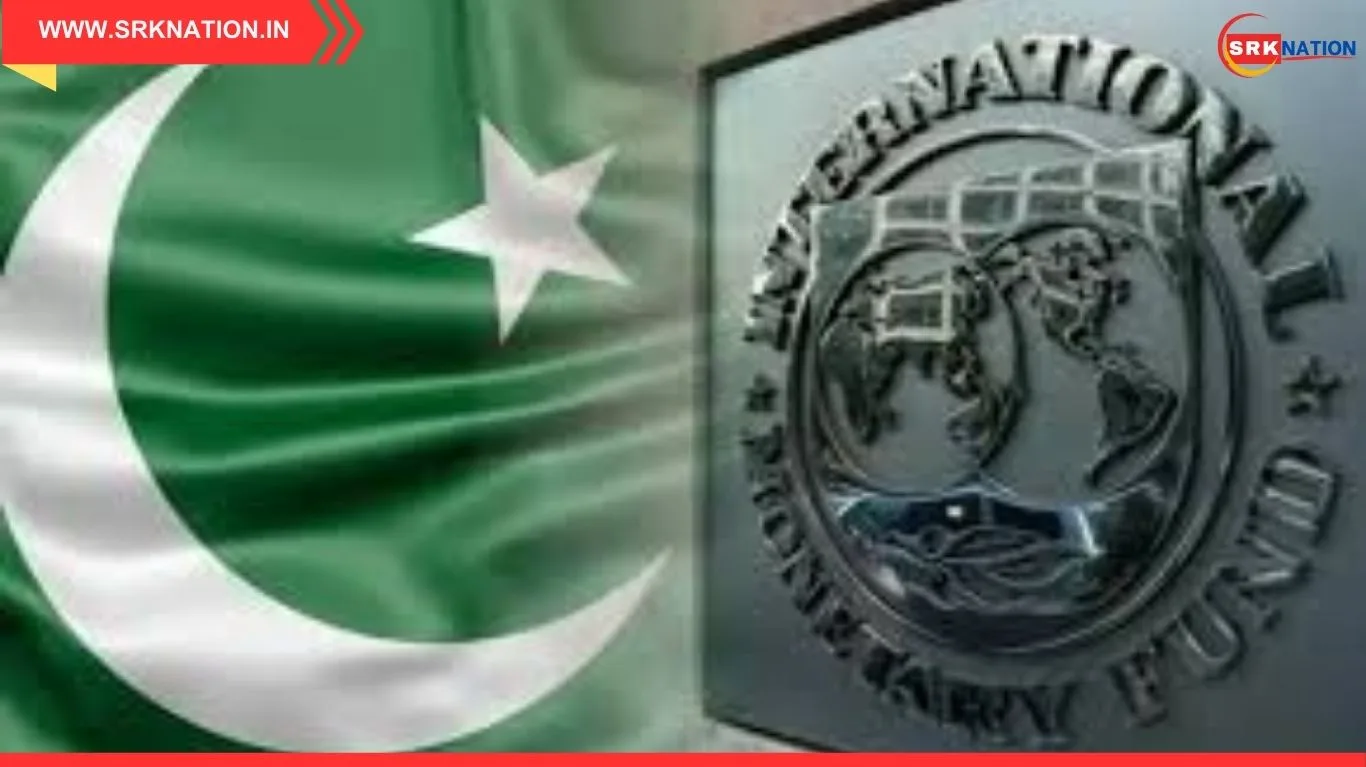In a politically charged statement that has stirred regional tensions, Bangladesh Nationalist Party (BNP) leaders have accused senior members of the banned Awami League (AL), currently residing in India, of conspiring to destabilise Bangladesh and derail the upcoming February 2025 general elections. The allegations were made during a press briefing in Dhaka on September 5, 2025, where BNP senior leader Zainul Abedin Farroque claimed that “individuals under Delhi’s influence” are collaborating with exiled Awami leaders to sabotage the interim government’s electoral roadmap.
The BNP’s accusations come months after a mass uprising led to the fall of Sheikh Hasina’s government in early 2025. Since then, many Awami League leaders, including Hasina herself, have reportedly fled to India, with some settling in New Delhi and Kolkata. The BNP alleges that these leaders are actively engaging in political manoeuvres to regain influence in Bangladesh through covert channels and media manipulation.
🧭 Timeline of Political Upheaval and Alleged Conspiracy
| Date | Event Description | Political Impact |
|---|---|---|
| January 2025 | Mass protests erupt across Bangladesh | Sheikh Hasina’s government collapses |
| February 2025 | Interim government formed under constitutional mandate | Awami League banned from contesting elections |
| March–August | Awami leaders relocate to India | BNP alleges cross-border political activity |
| September 2025 | BNP accuses AL leaders of destabilisation plot | Diplomatic tensions rise between Dhaka and Delhi |
The BNP claims that the exiled leaders are using Indian soil to orchestrate propaganda campaigns and influence domestic actors in Bangladesh.
🔍 Key Allegations Made by BNP Leadership
| Allegation Type | Details Provided by BNP Leaders | Implications for Bangladesh Politics |
|---|---|---|
| Cross-border Conspiracy | Awami leaders in Delhi plotting against interim govt | Threat to electoral integrity |
| Media Manipulation | Alleged use of Indian media to shape narratives | Undermines public trust |
| Political Collaboration | Claims of coordination with domestic actors | Risk of internal sabotage |
| Foreign Influence | “Delhi’s shadow” cited in political decisions | Raises sovereignty concerns |
Farroque also called on Jamaat-e-Islami (JeI) to apologise for its historical role in the 1971 Liberation War, accusing it of exploiting religious sentiments to gain electoral traction.
📉 Awami League’s Exile and Regional Fallout
| Leader Name | Reported Location in India | Role in Alleged Activities | BNP’s Accusation |
|---|---|---|---|
| Sheikh Hasina | New Delhi | Strategic coordination, media outreach | “Mastermind of destabilisation” |
| Obaidul Quader | Kolkata | Liaison with domestic actors | “Political fixer” |
| Asaduzzaman Noor | Delhi | Cultural diplomacy and soft power influence | “Narrative engineer” |
| Dipu Moni | Unknown | Alleged financial channeling | “Funding anti-govt activities” |
While Indian authorities have not officially responded, diplomatic observers note that the allegations could strain bilateral ties ahead of regional summits.
🔥 Political Landscape Ahead of Bangladesh’s 2025 Elections
| Party Name | Current Status | Election Strategy | Public Sentiment |
|---|---|---|---|
| BNP | Leading opposition force | Early elections, anti-corruption platform | Growing support in urban areas |
| Jamaat-e-Islami | Re-emerging player | Religious mobilisation, constitutional reforms | Mixed reactions due to historical baggage |
| Jatiya Party | Minor coalition partner | Focus on economic revival | Limited traction post office attack |
| Awami League | Banned from contesting | Alleged underground mobilisation | Polarised opinions |
The BNP has urged the interim government to ensure a free and fair election, warning against foreign interference and internal sabotage.
🧠 Expert Commentary on BNP’s Allegations and Regional Dynamics
| Expert Name | Role | Comment |
|---|---|---|
| Meera Iyer | South Asia Political Analyst | “BNP’s claims reflect deep-rooted mistrust and a volatile post-Hasina transition.” |
| Rajiv Bansal | Diplomatic Affairs Consultant | “If proven, cross-border political activity could trigger a diplomatic standoff.” |
| Dr. Rakesh Sinha | Historian of Bangladesh Politics | “This is reminiscent of Cold War-style proxy politics in South Asia.” |
Experts caution that while the allegations are serious, they must be substantiated through independent investigation to avoid misinformation and escalation.
📦 Impact on Bangladesh–India Relations
| Area of Cooperation | Current Status | Risk Level Post Allegations |
|---|---|---|
| Border Security | Stable but sensitive | Moderate |
| Trade and Transit | Growing bilateral trade | Low |
| Political Dialogue | Informal channels active | High |
| Cultural Exchanges | Active through diaspora | Moderate |
The BNP’s statements could complicate ongoing diplomatic efforts, especially in areas like counter-terrorism and refugee repatriation.
📅 Upcoming Political Milestones in Bangladesh
| Event | Date | Strategic Importance |
|---|---|---|
| Interim Government Review | October 2025 | Assessment of electoral readiness |
| National Election | February 2026 | First post-Hasina democratic transition |
| SAARC Summit | March 2026 | Regional cooperation and security dialogue |
| UN Human Rights Review | April 2026 | Scrutiny of political freedoms and media |
These events will shape Bangladesh’s democratic trajectory and influence its regional standing.
📌 Conclusion
The BNP’s explosive claim that exiled Awami League leaders in India are conspiring to destabilise Bangladesh adds a new layer of complexity to an already fragile political landscape. As the country prepares for its first post-Hasina election, the allegations—if true—could have far-reaching implications for domestic stability and regional diplomacy. With public sentiment shifting and political alliances evolving, Bangladesh stands at a crossroads where transparency, accountability, and sovereignty must guide its next chapter.
—
Disclaimer: This article is based on publicly available news reports, political statements, and expert commentary as of September 6, 2025. It is intended for informational purposes only and does not constitute diplomatic or legal advice.











